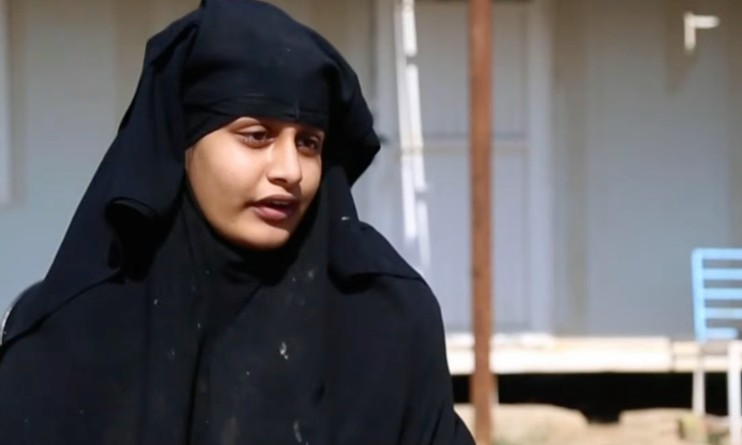A major review of the UK’s counterterrorism policy has prompted the government to bring back Shamima Begum and other British citizens presently detained in Syria.
The report highlights the unsustainable nature of leaving these individualities in camps similar to Al Hol and Al Roj, where conditions have been described as unsafe and inhuman.
Harsh Camp Conditions Spark Human Rights Concerns
According to the review, life in these camps amounts to “inhuman and demeaning treatment,” drawing comparisons to the notorious US detention centre at Guantanamo Bay.
The report stresses that the treatment of detainees, many of them women and children, clashes with the UK’s transnational moral rights scores.
Who is Trapped in Syria?
Estimates suggest that between 50 and 70 British citizens are presently stranded in these camps. utmost are women, with around 12 to 30 children, about half under the age of 10.
The commission highlights the government’s responsibility to protect these vulnerable minors from further harm or radicalisation.
Shamima Begum, now 26, remains one of the most well-known numbers in Al Roj camp. She travelled to Syria in 2015 as a 15-year-old and has faced multitudinous obstacles in trying to return to the UK.
Recommendations for UK Repatriation Policy
The report calls for a structured approach to repatriation, including:
- Voluntary return for all British nationals, even if citizenship has been revoked
- Appointment of a special envoy to coordinate the process
- Clear guidance for returnees on legal consequences
KEIR STARMER CONSIDERING REPATRIATING SHAMIMA BEGUM BACK TO THE UK
An independent commission has reported its latest findings back and has RECOMMENDED Begum and other British citizens who went to fight for ISIS be repatriated back to the UK
Starmer is said to be concerned… pic.twitter.com/9TMfvoSm7R
— Basil the Great (@Basil_TGMD) November 12, 2025
The review also points out that the UK is an “outlier” in its conservative approach. Countries similar to the US, Canada, and several European nations have successfully repatriated citizens who joined ISIS, showing that a managed return is possible.
Managing Risks and Reintegration
Research cited in the report suggests that bringing these individuals back may actually be safer than leaving them in Syria, where they could be further radicalised.
The report stresses the need for organised programmes for rehabilitation, monitoring, and social reintegration to ensure public safety.
Practical strategies include:
- Restricting returnees from travel
- Continuing investigations into possible crimes
- Enrolling returnees in deradicalisation programmes
Time for a Rethink of UK Counterterrorism
Beyond extradition, the review calls for a broader overhaul of the UK’s counterterrorism strategy. It highlights failings in the current Prevent programme and urges programs that better balance public security with moral rights scores.
As the debate over returning British ISIS fighters continues, the case of Shamima Begum remains central. Her story, alongside those of other citizens in Syrian camps, raises critical questions about the UK’s liabilities, both legal and moral, towards citizens who joined revolutionary groups abroad.






